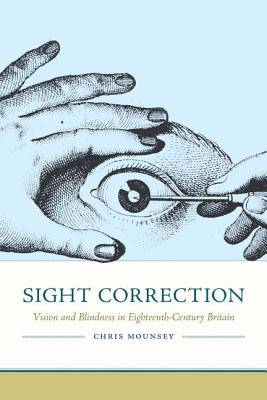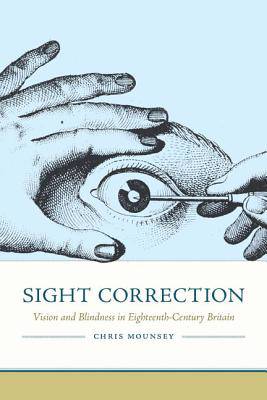
- Afhalen na 1 uur in een winkel met voorraad
- Gratis thuislevering in België vanaf € 30
- Ruim aanbod met 7 miljoen producten
- Afhalen na 1 uur in een winkel met voorraad
- Gratis thuislevering in België vanaf € 30
- Ruim aanbod met 7 miljoen producten
Omschrijving
The debut publication in a new series devoted to the body as an object of historical study, Sight Correction provides an expansive analysis of blindness in eighteenth-century Britain, developing a new methodology for conceptualizing sight impairment. Beginning with a reconsideration of the place of sight correction as both idea and reality in eighteenth-century philosophical debates, Chris Mounsey traces the development of eye surgery by pioneers such as William Read, Mary Cater, and John Taylor, who developed a new idea of medical specialism that has shaped contemporary practices. He then turns to accounts by the visually impaired themselves, exploring how Thomas Gills, John Maxwell, and Priscilla Pointon deployed literature strategically as a necessary response to the inadequacies of Poor Laws to support blind people. Situating blindness philosophically, medically, and economically in the eighteenth century, Sight Correction shows how the lives of both the blind and those who sought to treat them redefined blindness in ways that continue to inform our understanding today.
Specificaties
Betrokkenen
- Auteur(s):
- Uitgeverij:
Inhoud
- Aantal bladzijden:
- 340
- Taal:
- Engels
- Reeks:
Eigenschappen
- Productcode (EAN):
- 9780813943312
- Verschijningsdatum:
- 28/11/2019
- Uitvoering:
- Hardcover
- Formaat:
- Genaaid
- Afmetingen:
- 152 mm x 229 mm
- Gewicht:
- 666 g

Alleen bij Standaard Boekhandel
Beoordelingen
We publiceren alleen reviews die voldoen aan de voorwaarden voor reviews. Bekijk onze voorwaarden voor reviews.











